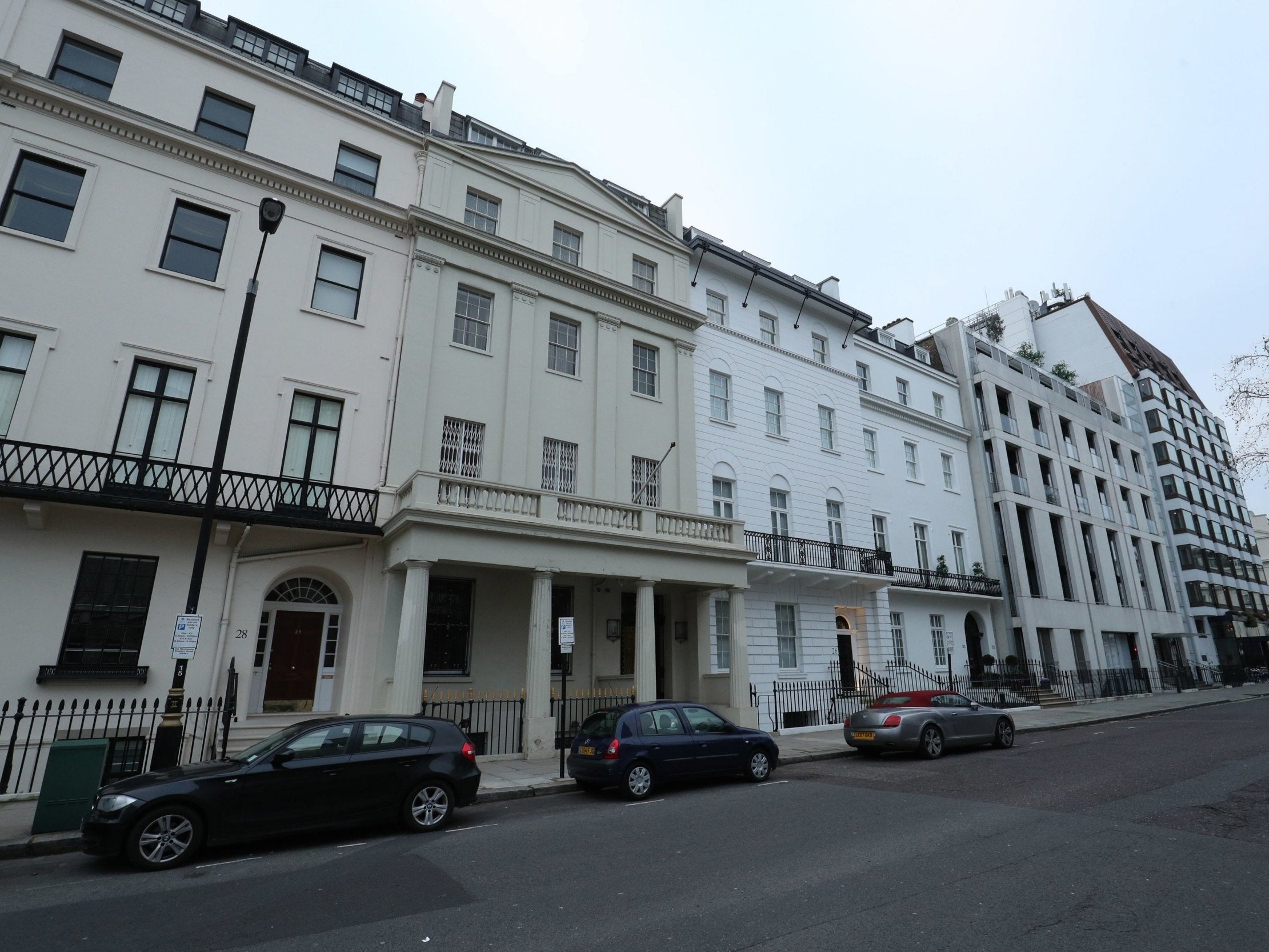Wealthiest UK estates use loopholes to pay just 10% inheritance tax, study finds
Aspects of regressive system that allows richest to pay least are ‘ripe for reform’, according to experts

Some of the UK’s wealthiest estates pay an inheritance tax (IHT) rate of just 10 per cent – a quarter of the official government rate, a study has found.
Estates worth £10m or more pay about half the rate of the merely very wealthy (£2 to £3m) by employing advisers who use a “kitbag” of tricks to avoid IHT.
Inheritance tax is only paid by those who have assets of more than £325,000 when they die, which was the top 4 per cent in 2015-16.
There are numerous loopholes allowing people to avoid paying, and the new research shows these mean the system is regressive, with the wealthiest paying the lowest rates.
Some aspects of the system are “ripe for reform”, according to asset manager Canada Life which compiled the research.
The study found “deep inconsistencies” in the ways different assets are taxed, which allow the very richest families to avoid paying.
10 of the biggest tax havens in the world
Show all 10For example, some shares are given 100 per cent tax relief. Because estates with more than £10m to distribute have a higher proportion of shares, as opposed to property, for example, they pay a lower rate.
Neil Jones, wealth management and tax specialist at Canada Life, said: “The relief was originally created to prevent a business being sold when the owner dies, and has since been broadened.
“Not everyone will want to adopt high-risk strategies with savings built up over a lifetime, at a time they could be considering using these to supplement income in retirement.
“In our view, IHT needs to be simplified. The basic principle is simple, however the piecemeal nature of the regulations can make it an uneven playing field.”
IHT raised £5.2bn in 2015-16 and has been deeply unpopular, facing attacks from both sides of the political spectrum.
Critics have argued that a fairer system would tax the total value of gifts a person gives over their entire lifetime.
This would help prevent wealthy individuals evading IHT by giving away their fortunes before they die.
Subscribe to Independent Premium to bookmark this article
Want to bookmark your favourite articles and stories to read or reference later? Start your Independent Premium subscription today.

Join our commenting forum
Join thought-provoking conversations, follow other Independent readers and see their replies